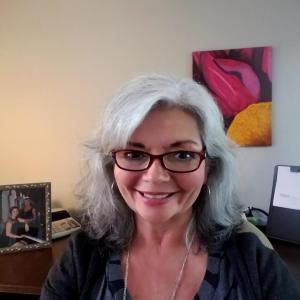Do you have any toxic people in your life? How do you recognize if your relationship is toxic? We all sometimes hurt the people that we love but is it habitual or just something that happens sometimes after a bad day, fluctuations in hormones or unintentionally. If someone hurts us, do they take responsibility for their actions or make excuses? Do they apologize or turn the blame to someone else, even to the person who has been hurt? Are you in a relationship where you constantly feel out of balance or on guard?
If several of these things sound too familiar, you may be in a relationship with a toxic person. Toxic people rarely take responsibility for their actions even when directly confronted. If you tell a toxic person that they have hurt you, they will often blame you or try to make you doubt yourself and your perception. Apologies are not always easy but you will sometimes hear an apology from everyone with whom you are in relationship unless they are toxic and then rarely, if ever. If they say the words, they will not appear genuine. When you confront a toxic person with anything which they see as negative against them, they will become very defensive or accusatory.
People can be toxic relationally because of mental or emotional damage, substance abuse or personality or character flaws. You will often hear terms such as self-centered, narcissistic, abusive, controlling, manipulative and aggressive used to describe a toxic person but they may also be verbally and physically abusive or may bully you either physically or emotionally. You will recognize if you find yourself in those relationships by the “kicked in the gut” feeling that often follows an encounter with a toxic person.
So is it possible to remain in a relationship with a toxic person and do you want to? If you recognize you are in a relationship with a toxic person, telling them that they are toxic probably will not help but confrontation of behavior sometimes does. If you want to remain in the relationship, strong, non-negotiable boundaries are required. You will need to establish strong boundaries based upon your needs and the limits upon their behavior which you will require in order to continue in relationship. You will need to give clear consequences when boundaries are ignored or infringed upon. You will need to “stick to your guns”. Your no will need to be no and yes be yes, carved in stone, because toxic people are often master manipulators.
What if you chose not to remain in close relationship with the toxic person? Sometimes you are left with no choice other than to break from the relationship in order to protect your emotional and mental wellbeing. This is difficult but will often be the only boundary that the toxic person understands. They will not like it and will blame you for being a mean, bad or defective person. This is another sign of their toxicity as they fail to take responsibility but blame you solely, for the loss of relationship. If the toxic person has ever been negatively physical with you, do not take chances but insure your safety before cutting off relationship. Make sure you have a support person who understands your fears and concern before you confront the toxic person.
You do not have to remain in relationship with toxic people! Love is not abusive and controlling and we have the freedom to choose with whom we are in relationship. Self-love and respect are our right. You can pray for those who hurt you and forgive them but reconciliation is your choice. Choose people who do not want you to feel “bad” about yourself and who you are and who are willing to take responsibility for their part of the relationship. One-sided relationships are not healthy but codependent.

